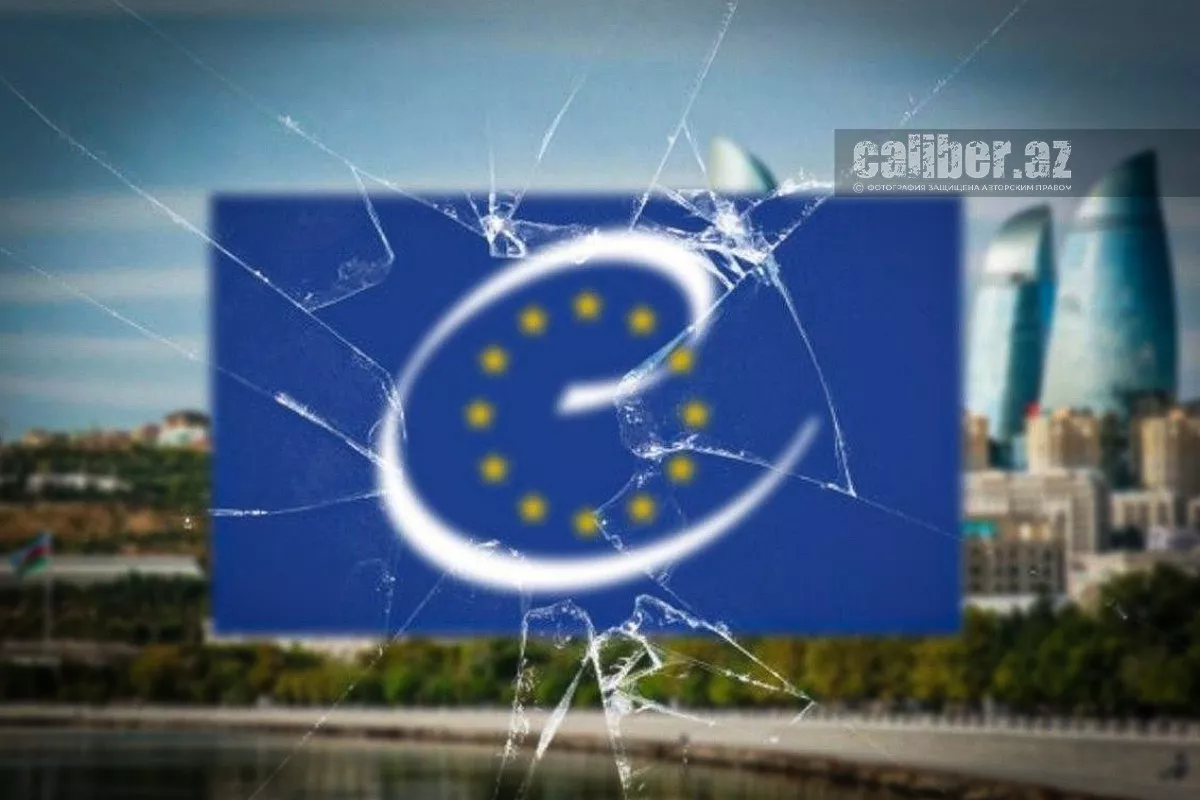European Parliament targets Pashinyan and peace in South Caucasus Another biased attack
The prospect of a final Armenian-Azerbaijani settlement under the Washington agreements signed on August 8 of this year has mobilised opponents of Pashinyan’s policies, particularly the Armenian lobby, prompting them to launch yet another political manoeuvre in the European Parliament. In this context, the EU legislative body published a document on Armenian-Azerbaijani relations that is clearly provocative in nature — which, however, comes as no surprise given the European Parliament’s biased stance towards the South Caucasus, especially Azerbaijan.
The publicly released document contains points reflecting not only the interests of the global Armenian community but also those of the EU itself. Its authors claim to be examining the current state of relations between Armenia and Azerbaijan, as well as the bilateral relations between the EU and Armenia and between the EU and Azerbaijan. However, in our view, the main emphasis is clearly on the policies of the current Armenian authorities in the context of Armenian-Azerbaijani normalisation.
In particular, the document attempts to portray Prime Minister Nikol Pashinyan as a politically vulnerable leader, incapable of successfully conducting the parliamentary elections scheduled for June 7, 2026, as well as the constitutional referendum planned to follow. As evidence, the authors cite the following argument: “Pashinyan's political vulnerability was highlighted by his party's (Civil Contract) poor results in local elections in March.”
Indeed, in the aforementioned elections, the ruling Civil Contract party in Armenia did not achieve success in several regions. For instance, in the Parakar community of the Armavir region, the united opposition bloc secured over 58 per cent of the votes, while in Gyumri, Civil Contract received 17,183 votes, falling short of the number required to form local government independently. As a result, the mayor of this key city — Armenia’s second-largest and significant for Pashinyan — became the unified opposition candidate, Vardan Ghukasyan, which undoubtedly dealt a blow to the interests of the current authorities.
However, we believe that, against this backdrop, it is premature to speak of a weakening of the prime minister’s position domestically, since the majority of the Armenian population continues to support the current policies of official Yerevan. Interestingly, this view is shared even by the document’s authors, who note that Pashinyan’s political competitors are still lagging behind in this struggle.'

Furthermore, the authors of this publication immediately warn of several threats that, in their view, the Armenian leadership could face in the process of establishing a final peace with Azerbaijan. In particular, they claim that “Any further concession to Baku, even more so if it takes the form of a constitutional amendment, will be used by Armenian opposition parties as political ammunition ahead of the parliamentary elections scheduled for June 2026.”
“In principle, a new constitution would need to be approved by popular referendum, by a majority of votes cast and a minimum of 25 % of the total registered electorate, a benchmark which could be difficult to attain if the changes are perceived as a further imposition by Azerbaijan. Taking into account that slightly less than half of voters participated in the last parliamentary elections in Armenia, the opposition could simply campaign for a boycott, which, coupled with voters' fatigue, could be enough to declare the referendum null,” the document emphasises.
In plain terms, the authors imply that the constitutional referendum contradicts Armenia’s own interests and could take place only as a result of pressure from Azerbaijan. Here, one fact becomes strikingly clear: in the European Parliament, by predicting the prime minister’s defeat in the upcoming parliamentary elections and, consequently, the failure of the constitutional referendum, they are blindly serving the financial interests of the Armenian lobby, whose goal is to prevent the establishment of a final peace between Armenia and Azerbaijan.
It gets even bolder. The document notes that “A failed constitutional referendum in Armenia, other than being a serious political blow for an already debilitated Prime Minister Pashinyan, would prompt accusations by Azerbaijan that Armenia is not ready for peace, and potentially fuel the most aggressive tendencies within the Azerbaijani establishment.” This thesis can hardly be described as anything other than an absurd insinuation. It is yet another manifestation of the EU’s double standards towards Azerbaijan.
With such a tendentious position, the document’s authors shamelessly attempt to advance European interests, noting that the European Union can play “an equally important role in finding further avenues for consolidating the still-fragile peace process and work on parallel issues (such as border delimitation and connectivity), thus allowing both countries to start reaping peace benefits even before the definitive text is signed.”

This statement directly confirms the EU’s intention to insert itself into the peace process between Baku and Yerevan as a mediator. And this is not the first such message. It is worth recalling that earlier this month, the European Union announced its readiness to invest in the Trump Route for Peace and Prosperity — TRIPP (the section of the Zangezur corridor that will pass through Armenian territory). Clearly, participation in this project is highly beneficial for the EU, as it would open up a unified economic space and provide an opportunity to access Asia while bypassing Russia and Iran. However, the EU once again overlooks the reality that, to date, Baku and Yerevan remain committed to implementing the Washington agreements and are steadily moving toward signing a peace treaty. That is the first point.
Second, and crucially, Baku well remembers that the EU long ignored Azerbaijan’s legitimate position in the now-past Karabakh conflict, consistently taking an overtly pro-Armenian stance. At the same time, EU-controlled structures, particularly the European Parliament, have continuously adopted provocative, anti-Azerbaijani resolutions.

In addition, one should not forget the so-called European Union Mission (EUMA) stationed in Armenia under the pretext of monitoring security in the border zone, whose representatives have been gathering intelligence against Azerbaijan from day one. Such “binocular diplomacy” fundamentally contradicts the bilateral agenda of Azerbaijan–EU relations.
From Baku’s perspective, these developments make EU involvement in the peace process between Azerbaijan and Armenia highly unlikely. Moreover, given that the European Parliament continues to release provocative materials undermining the policies of the current Armenian authorities, the chances that Yerevan would accept EU mediation appear extremely slim.








